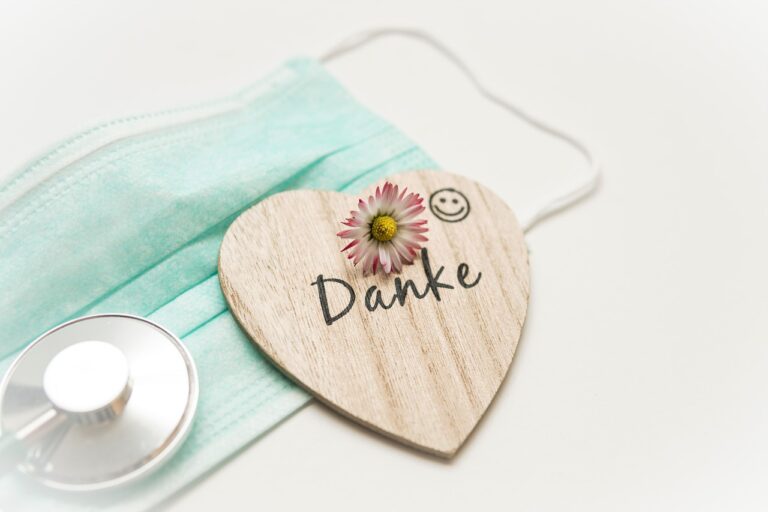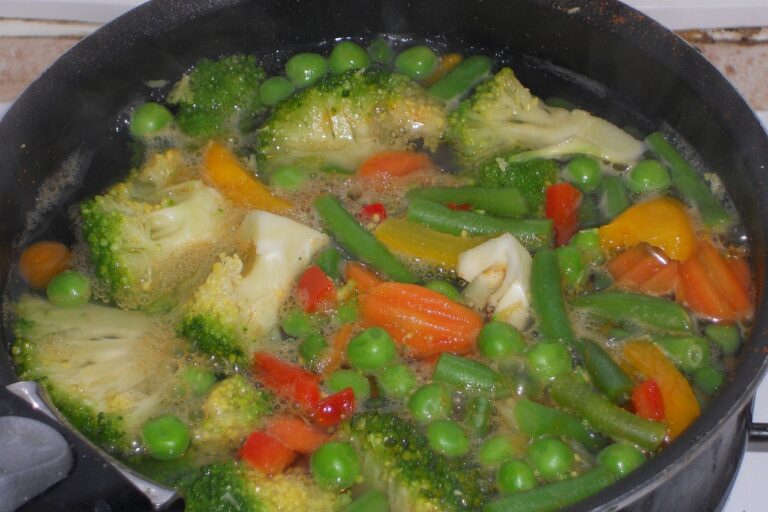The Role of Traditional Medicine in Modern Healthcare
Incorporating traditional medicine into modern healthcare systems can offer a myriad of advantages. Traditional practices often focus on holistic healing, taking into account the interconnectedness of the body, mind, and spirit. This approach can complement conventional treatments, leading to a more comprehensive patient-centered care.
Furthermore, traditional medicine encompasses a wealth of knowledge passed down through generations, drawing on centuries of wisdom and experience. By integrating these practices into modern healthcare, we can tap into this rich reservoir of information and potentially discover new avenues for treatment and prevention. Ultimately, the harmonious blend of traditional and modern medicine may result in improved health outcomes for individuals across different cultural backgrounds.
History and Evolution of Traditional Medicine Practices
Traditional medicine practices have a rich history that dates back centuries, with roots in various cultures and regions around the world. These practices evolved through generations of experimentation and knowledge sharing among healers and communities. Traditional medicine encompasses a wide range of healing modalities, including herbal remedies, acupuncture, massage therapy, and spiritual rituals, each influenced by the beliefs and traditions of the people who developed them.
Over time, traditional medicine practices have been passed down orally and through written texts, adapting to changing environments and societal needs. As these practices spread to different parts of the world, they often merged with local healing traditions, creating unique and diverse approaches to healthcare. The evolution of traditional medicine continues to this day, as practitioners incorporate modern scientific research and technology to enhance the effectiveness and accessibility of traditional healing methods.
What are some benefits of integrating traditional medicine into modern healthcare?
Integrating traditional medicine into modern healthcare can provide a more holistic approach to treating patients, potentially offering a wider range of treatment options and promoting cultural diversity in healthcare practices.
How has traditional medicine evolved over time?
Traditional medicine practices have evolved over time as they have been influenced by various factors such as advancements in medical knowledge, changes in societal beliefs, and the integration of traditional practices into modern healthcare systems.
What are some examples of traditional medicine practices that have stood the test of time?
Practices such as acupuncture, herbal medicine, and Ayurveda have been used for centuries and continue to be popular methods of treatment in many parts of the world.
How can individuals benefit from incorporating traditional medicine practices into their healthcare routine?
Incorporating traditional medicine practices into one’s healthcare routine can offer alternative treatment options, promote overall well-being, and provide a more personalized approach to healthcare that takes into account individual beliefs and cultural practices.
Is traditional medicine safe to use alongside modern medical treatments?
Traditional medicine should be used in conjunction with modern medical treatments under the guidance of healthcare professionals to ensure safety and effectiveness. It is important to communicate with healthcare providers about any traditional medicine practices being used.





